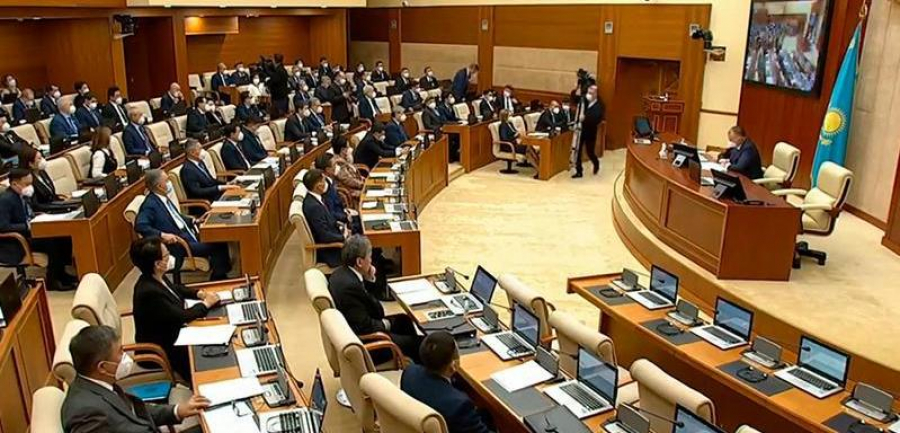
The share of small and medium-sized enterprises in Kazakhstan’s GDP has reached 33.5 percent. Strengthening state support for business is one of the government’s priorities. Representatives of business circles are also sharing their ideas for improving the National Entrepreneurship Development Project. In particular, at the Government’s meeting, Chairperson of the Atameken National Chamber of Entrepreneurs Raimbek Batalov proposed to strengthen state support measures in all regions of the country, to expand online services for businesses and to improve non-financial support measures, for example, by providing targeted training for entrepreneurs. According to Batalov, the regional chambers are actively working to systematize business problems at the local level.
“This can really form the basis of that comprehensive plan. We already have certain developments, and we are ready to provide methodological support. The creation of such a comprehensive plan for programs to develop small and medium-sized businesses, specifically in the regions, is something that we really need,” said Batalov.
The Kazakh government announced the amount of funding for the National Entrepreneurship Development Project. This year, over 1.5 billion tenge was allocated for its implementation. Most of them are extrabudgetary funds. They amount to 1.197 million tenge. According to Kazakh Minister of National Economy Alibek Kuantyrov, the indicators have already demonstrated a positive trend over the first eight months of 2022.
“Since the beginning of this year, the loan amount has been reduced from seven to three billion tenge, which allowed subsidizing and providing guarantees for about 16,800 projects, instead of the planned 4,239. 399 projects received grants to implement new business ideas in the service and manufacturing sectors. As part of the Bastau Business project, 75,100 residents have already learned the basics of entrepreneurship, while the original plan was to train 30,000 people. About 12,000 SMEs received consulting services on starting and running a business, as well as obtaining government support measures,” said Kuantyrov.









